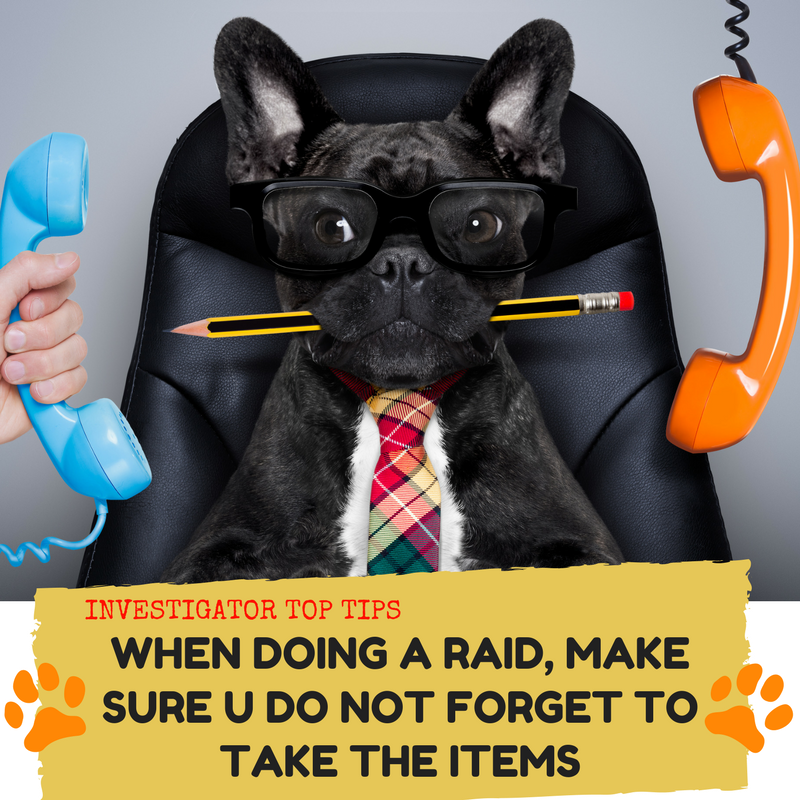Laying the groundwork can have a massive impact on the multiple you receive. It can be the difference between a panicked fire-sale acquihire when you’re out of cash, or a respectable multiple that makes you and your team rich. Here’s a six-step playbook.
Step 1: Network your way to the appropriate people at potential acquirers. Like VCs, these folks are paid to take meetings. Try to build a solid rapport. Bankers do WAY better when founders have a pre-existing relationship with buyers.
Step 2: Don’t be afraid of, or demoralized by rejection. Your company may just be too small—ex. the consensus is Google doesn’t roll out of bed for sub-$1B exits. Or the acquirer’s goals might be moving in a different direction under the surface. It pays to reach out.
Step 3: Keep in touch with these contacts. If you get a great write-up in a major publication, forward it to them. Invite them to any events you host. A power move is sending them a version of your investor update with the sensitive info redacted. Peripheral awareness pays.
Step 4: Learn how they think about M&A.
Some companies just calculate in terms of build vs. buy.
Others are opportunistic, looking for short or long-term synergies.
Sometimes, a startup just seems like an existential threat that must be acquired.
Learn buyer's MO.
Step 5: Get a sense for how each companies values startups.
For some, it’s art - the founders, tech, hype, customers, and other intangibles drive valuation.
For others, it’s science - DCFs, comps, and industry multiples, build out a price floor and ceiling.
Step 6: After laying groundwork for 1-2 years, you’ll be in the position to reach out to these folks if you decide to sell. More importantly, because you’ve kept multiple buyers up to speed, you can create a bidding war, and be a bit pushy, “We need an answer this week.”
A few points about negotiation and pricing:
🚀 Craft a compelling story about your business and why it has the potential to be transformative—for the acquirer. You’re no longer pitching a vision about your plucky startup beating the odds, now you're pitching how 1+1 = 3 in the context of this *particular* company.
🙄 Don’t try to position your company as a major threat to the acquirer to justify a high multiple. Informed confidence is attractive, blustery cockiness will make it hard for the buyer to see you integrating well into the team.
🦈 Have conviction around what you believe the price range to be. Know the range that your co-founders, and investors are prepared to sell at. Even if a wide range, don’t start a process if you don’t have a target.
🆘 Recruit help. Lean heavily on experienced investors and advisors to keep the acquirer’s corp. dev accountable for early promises. Bankers are not a bad idea. This is a highest-stakes, nerve-wracking negotiation. For a good banker or advisor, it’s Tuesday.
I’ll leave detailed advice about how best to integrate a startup into a larger corporation for another thread. Any founders, veteran VCs, or acquirers have thoughts or tips to share? #CollectiveWisdom





